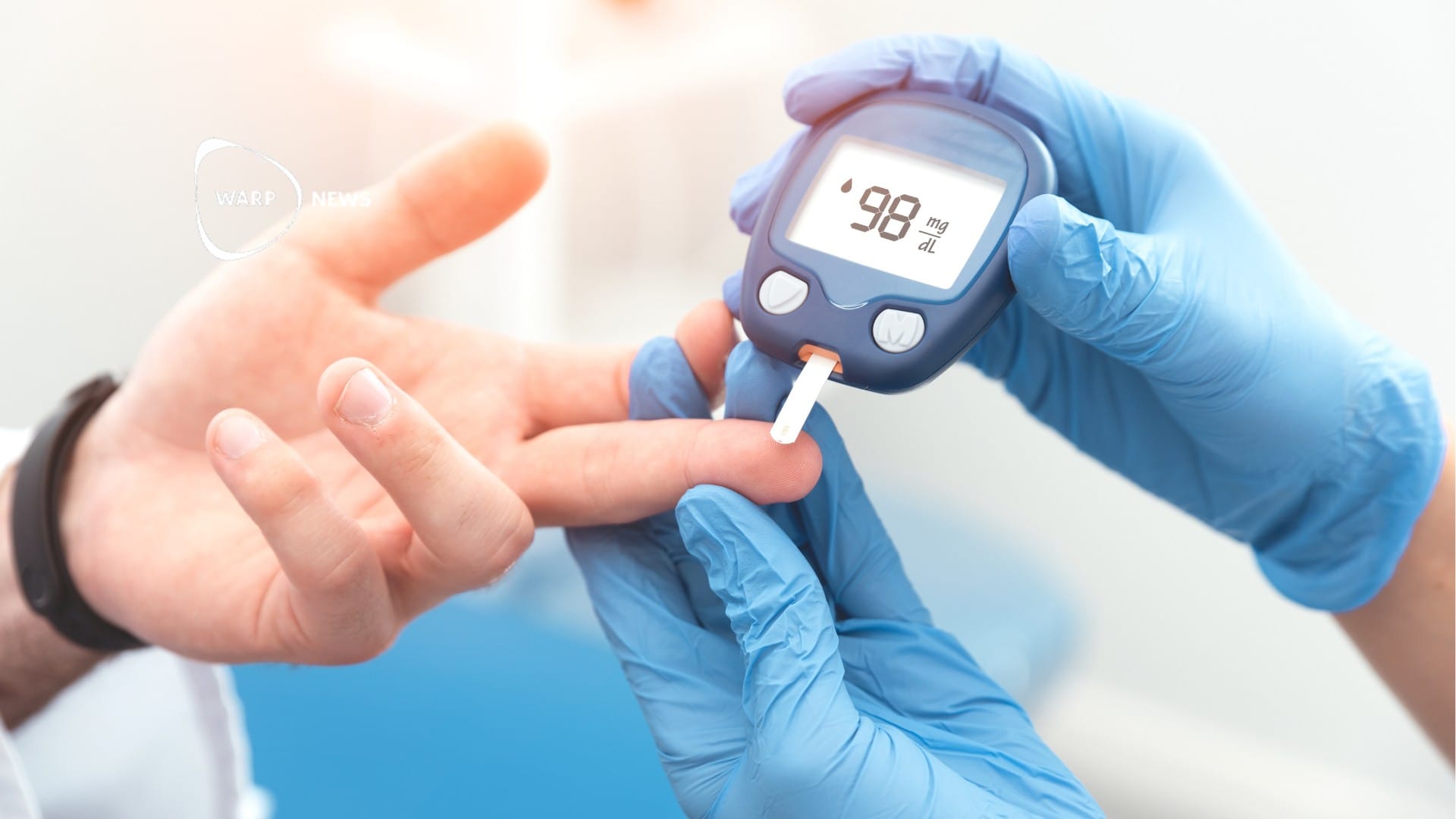
🩸 The erstwhile fantasy of a blood test for Alzheimer’s disease has become reality
Up to two decades before people develop the characteristic memory loss and confusion of Alzheimer's disease, damaging clumps of protein start to build up in their brains. Now, a blood test to detect such early brain changes has moved one step closer to clinical use.
Share this story!
Surprisingly, the test may be even more sensitive than the gold standard -- a PET brain scan -- at detecting the beginnings of amyloid deposition in the brain.
Such a test may become available at doctors' offices within a few years, but its benefits will be much greater once there are treatments to halt the disease process and forestall dementia.
Clinical trials of preventive drug candidates have been hampered by the difficulty of identifying participants who have Alzheimer's brain changes but no cognitive problems.
The blood test could provide a way to efficiently screen for people with early signs of disease so they can participate in clinical trials evaluating whether drugs can prevent Alzheimer's dementia.
"Right now we screen people for clinical trials with brain scans, which is time-consuming and expensive, and enrolling participants takes years," said senior author Randall J. Bateman, MD, the Charles F. and Joanne Knight Distinguished Professor of Neurology.
"But with a blood test, we could potentially screen thousands of people a month. That means we can more efficiently enroll participants in clinical trials, which will help us find treatments faster, and could have an enormous impact on the cost of the disease as well as the human suffering that goes with it."
By becoming a premium supporter, you help in the creation and sharing of fact-based optimistic news all over the world.


